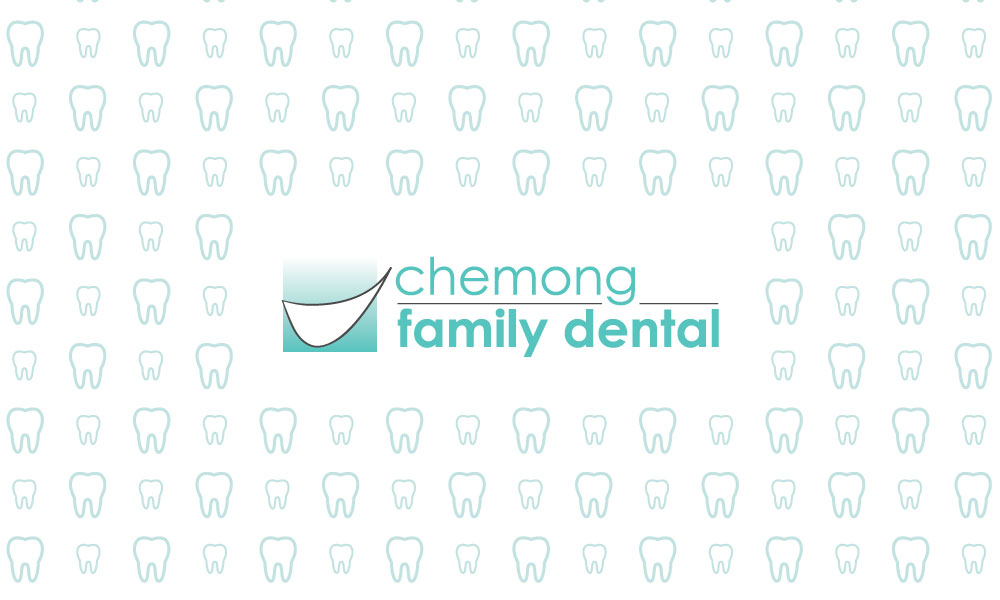Are Your Teeth Being Too Sensitive?

Tooth sensitivity is a very common condition that affects people of all ages. It is estimated that tooth sensitivity, or dentin hypersensitivity, affects approximately 15% of the general population. It is also more commonly seen in individuals aged 20-50 years of age.
The causes of dentin hypersensitivity include:
- Excessive or forceful tooth brushing
- Gum disease
- Acid erosion
- Dental bleaching
In all of the above situations, the dentin of the tooth is exposed either by the receding of gums or loss of tooth structure. Dentin is a part of the tooth that has many small channels that run from the outside of the tooth towards the center where the nerve is contained. If dentin is exposed and these channels or tubules are open, changes in temperature, air pressure or even sugary substances can cause the nerve of the tooth to be stimulated. We experience this as pain. It is usually of short duration and is sharp in nature.
Treatment For Sensitive Teeth
The best treatment for dentin hypersensitivity is preventing the causes of sensitivity from occurring in the first place. Prevention includes:
- Using a soft bristle toothbrush with a non-abrasive toothpaste
- Avoid consuming very acidic foods and beverages
- If you suffer from conditions such as GERD (acid reflux), see your doctor
for treatment - Avoid brushing your teeth immediately after consuming acidic foods
- Regular flossing coupled with regular visits to your dentist to prevent
gum disease
If you have already encountered dentin hypersensitivity, there are two categories of treatment that can be helpful, home treatment and in-office treatment. Home treatment includes brushing with a desensitizing toothpaste. In-office treatment includes:
- Application of a desensitizing agent on sensitive teeth
- Covering the exposed dentin with a filling material
- Use of dental lasers to desensitize the nerve
- Growing gum tissue where it has receded
If you feel like your teeth are more sensitive to hot or cold foods or to certain types of food, see your dentist about what may be causing this. Your dentist can provide you with different options on how to treat this condition or, at the very least, guide you towards preventing any further damage to your teeth and gums.
Hours
Monday: 9am - 6pm
Tuesday: 8am - 5pm
Wednesday: 9am - 6pm
Thursday: 8am - 5pm
Friday: 8am - 3pm
Saturday: By Appointment Only
